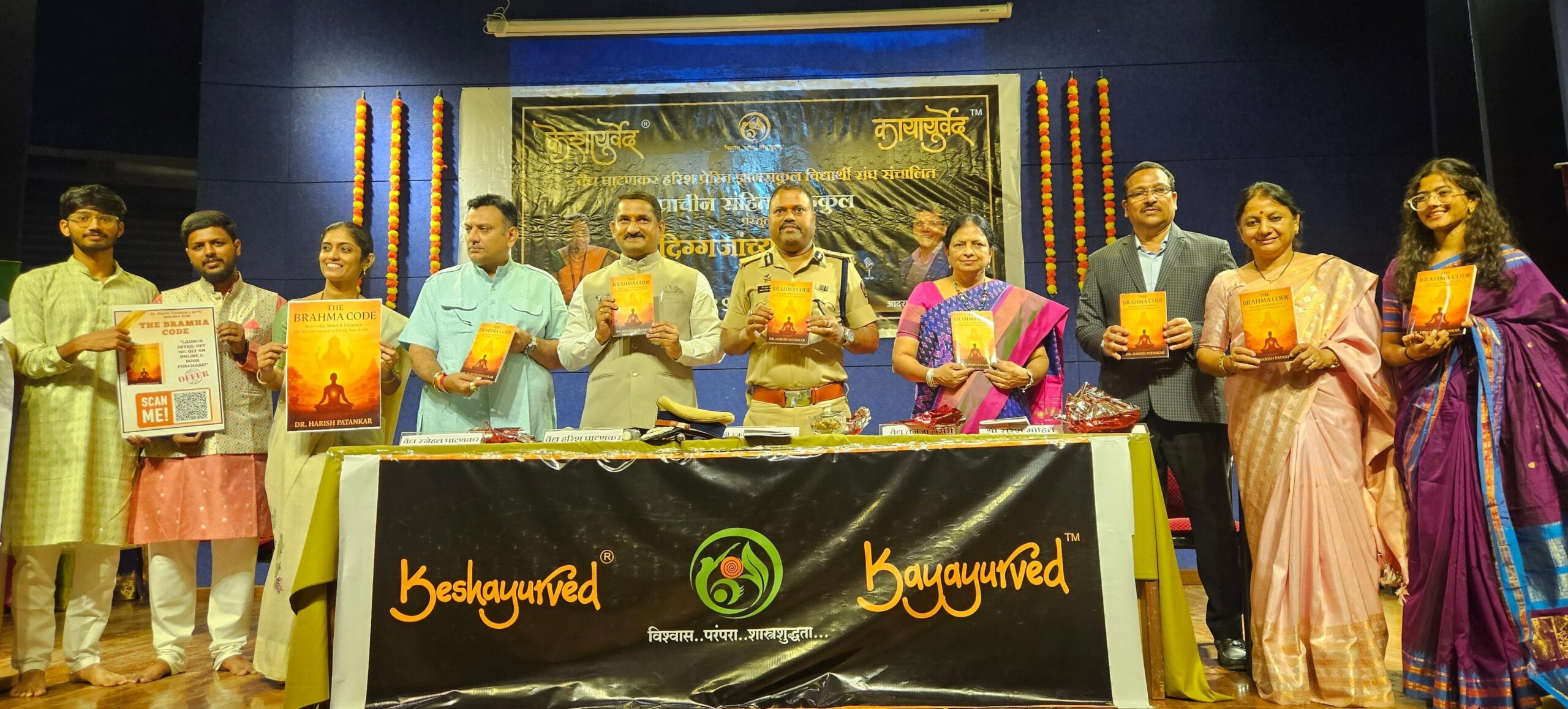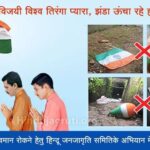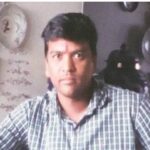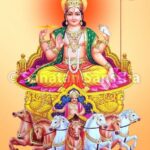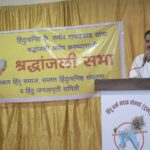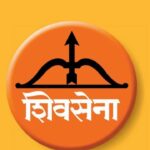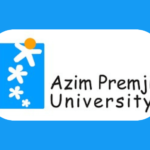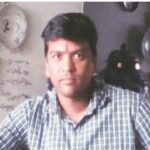Pune: “India’s traditional knowledge systems, such as Ayurved, must be integrated with modern technology and scientific research. A positive mindset, lifelong learning, leadership skills, and technological proficiency contribute significantly to a fulfilling life,” said Joint Commissioner of Police (Pune), Ranjankumar Sharma, while speaking at a public interaction event hosted by Prachin Sanhita Gurukul.
The event was part of the Gurukul’s ongoing dialogue series ‘Diggajanchya Mulakhati’ (Conversations with Visionaries), held at Ganesh Sabhagruha on Tilak Road. Other dignitaries included Saurabh Rao, Commissioner of Thane Municipal Corporation, and Dr. Tanuja Nesari, Director of the All India Institute of Ayurveda, Delhi. Dr. Nesari was honoured with the ‘Acharya Puraskar’ in recognition of her contributions to Ayurvedic education and research.
The event also featured the unveiling of Gurukul’s new institutional building, the release of ‘The Brahma Code’ by Vaidya Harish Patankar, the launch of his newly developed ‘Tryrage Hair Oil’, and the announcement of the Indian Knowledge System Olympiad. Outstanding students of the Gurukul were also felicitated.
Cultural disconnect must be bridged by dialogue
In his address, Ranjankumar Sharma remarked that efforts to globalise India’s ancient wisdom are commendable. “We must overcome negativity with positivity. The strength of Indian society lies in its joint family system and interpersonal dialogue, both of which are being weakened by technology. Events like this can help reconnect people and revive our cultural ethos,” he said.
Value-based leadership through the Gurukul model
Commissioner Saurabh Rao underscored the relevance of India’s traditional educational models. “While knowledge is important, values, life skills, and experiential learning are increasingly vital in today’s world. Ayurveda is more than just a system of medicine — it is a holistic science that combines tradition, therapy, and lifestyle,” he noted.
Ayurveda should be part of school education: Dr. Tanuja Nesari
Dr. Nesari advocated for mainstreaming Ayurveda in India’s educational curriculum. “Globally, Ayurveda is now seen not just as an alternative, but as a foundation for primary healthcare. To make it accessible to every household, we must incorporate it into school education. Research, innovation, and digital integration are key to empowering the next generation with physical and mental wellness,” she said.
Promoting Ayurveda at a global level
Vaidya Harish Patankar, founder of Prachin Sanhita Gurukul and initiator of the event, stated, “Our mission is to take Ayurveda and Indian wellness knowledge systems to the global stage. Through interactive platforms like this, we aim to inspire the youth and foster a deeper understanding of our heritage.”
